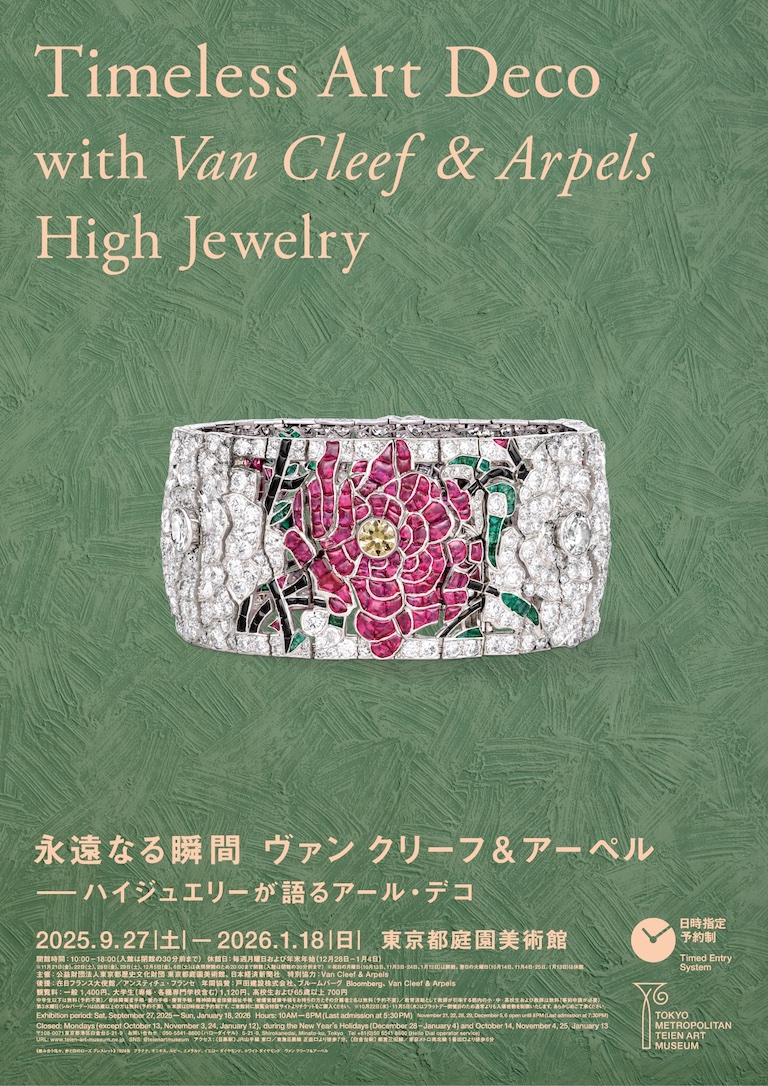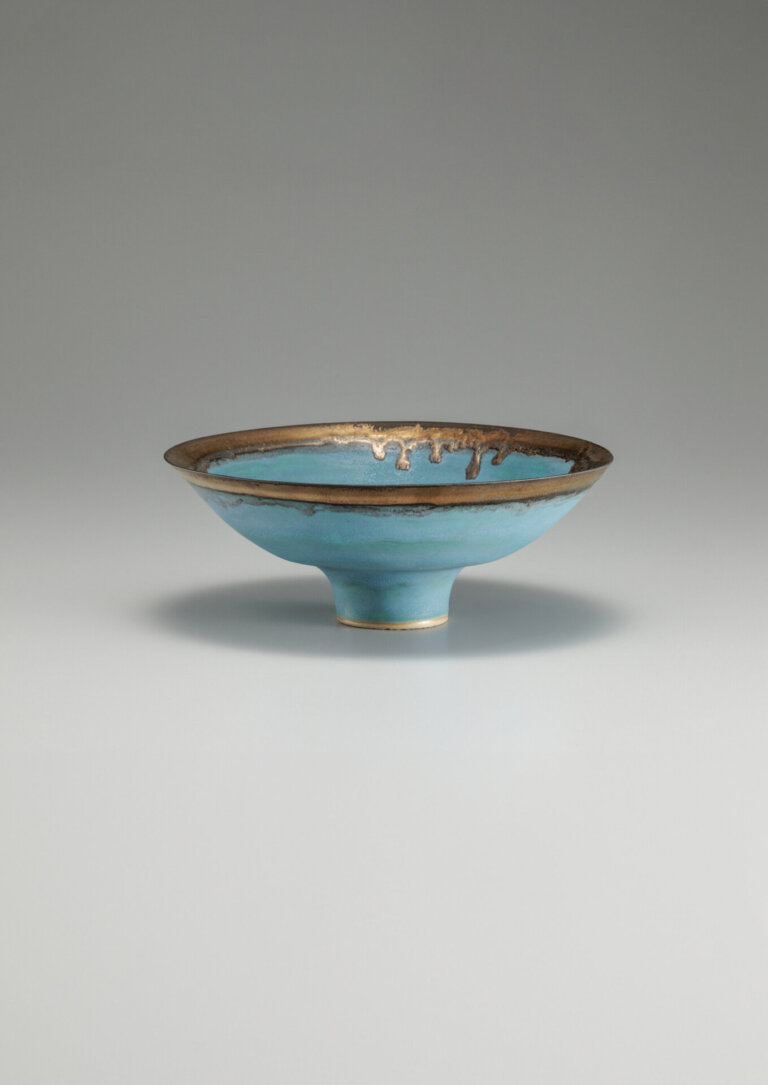Timeless Art Deco with Van Cleef & Arpels High Jewelry
Saturday, September 27, 2025 - Sunday, January 18, 2026

Saturday, September 27, 2025 - Sunday, January 18, 2026

Saturday, July 4 - Sunday, September 13, 2026

Saturday, October 3 - Sunday, December 20, 2026
